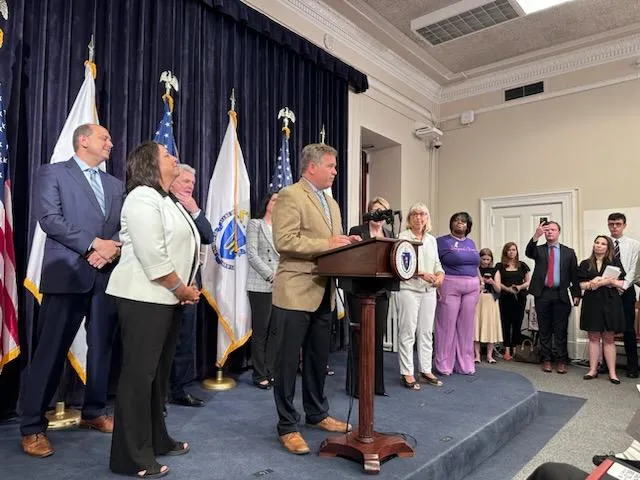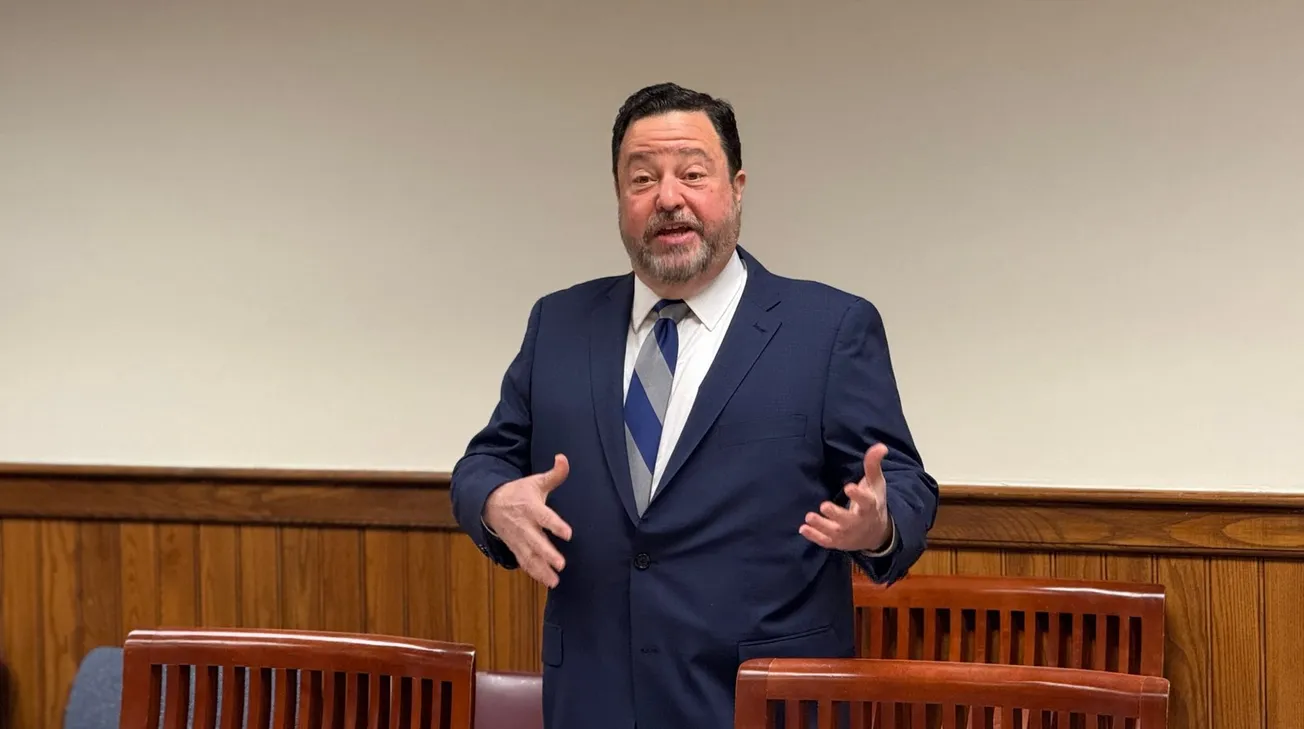Table of Contents
The following was submitted by the Office of Rep. Michael Day:
The Massachusetts Legislature enacted comprehensive legislation that criminalizes the non-consensual sharing of explicit images known as “revenge porn,” creates a diversion program for teens who share explicit images, statutorily defines coercive control as an element of domestic abuse and extends the statute of limitations to pursue criminal charges for certain domestic violence offenses from six years to 15 years.
After legislation passed both the House and the Senate, Rep. Michael S. Day, D-Stoneham), House Chair of the Joint Committee on the Judiciary, served as House chair of the conference committee to send a final version of the bill to the governor’s desk, which she signed into law.
“The House has heard the urgent call of survivors to enhance protections and ensure that our laws keep up with technology. But the House does not just listen, we act,” said Day. “This law will provide essential protections to survivors of predatory acts while, at the same time, intelligently addressing risky adolescent behavior through education and not necessarily only criminalization.”
“With the passage of this bill, the Legislature is taking decisive action to support survivors of abuse,” said Sen. Jason Lewis. “Not only are we finally banning image-based sexual abuse, including through deepfake AI images, but we are also explicitly labeling coercive control as abuse, expanding the statute of limitations on certain domestic violence offenses, and creating an educational program to support minors who engage in sexting. I hope that these efforts will serve to support survivors and hold abusers accountable.”
“I am immensely proud to join the chorus of voices that have been calling for these protections and support systems for survivors, young people, and all of us who may not even be aware of the dangers faced by these emerging technologies,” said Rep. Michelle Ciccolo. “This bill provides meaningful, common sense steps towards justice and dignity for all.”
“Using sensitive images of another person without permission to harass, intimidate, embarrass or bully is simply unacceptable,” said Sen. Patricia Jehlen. “I am happy to join my colleagues to codify protections for survivors of this abuse as well as targeted education for youth, to work to curb the behavior.”
To address the nonconsensual distribution of explicit images by adults, the bill establishes a penalty in the existing criminal harassment statute which includes up to two and a half years of prison time and/or a monetary fine of up to $10,000. The bill increases the upper limit of the fine for criminal harassment from $1,000 to $5,000. The bill also empowers victims to petition the court for a harassment prevention order against a person who has violated the new statute.
The legislation also responds to the growing trend of individuals utilizing artificial intelligence and other digital imaging software to produce “deep fakes” of unsuspecting victims, a practice currently not prohibited under state law. These images, which are equally traumatizing to victims, often realistically depict a person’s face edited on to an unclothed body, making it challenging or impossible for viewers to determine what is reality.
Under current law, minors who possess, purchase or share explicit photos of themselves or other minors are charged with violating child pornography laws and are required to register as sex offenders. This legislation directs the Attorney General to establish an educational program to teach minors about the dire consequences and life-altering impacts caused by engaging in this behavior.
The bill also allows the Commonwealth’s courts to divert minors to an educational program in lieu of sentencing to criminal punishment while providing district attorneys with the authority to petition the court to bring criminal charges in extreme cases.
The educational diversion program will provide teenagers with information about the legal and nonlegal consequences of sexting, which would be made available to school districts.
The bill also adds coercive control to the definition of abuse. Coercive control is a nonphysical form of abuse that includes a pattern of behavior intended to threaten, intimidate, harass, isolate, control, coerce or compel compliance of a family or household member in a manner that causes the targeted individual to fear physical harm or to have a reduced sense of physical safety or autonomy.
Examples of coercive control include threating to share explicit images, regulating or monitoring a family or household member’s communications and access to services, and isolating a family or household member from friends or relatives.
The legislation also extends the statute of limitations for assault and battery on a family or household member or against someone with an active protective order from six years to 15 years. This change brings the statute of limitations for these domestic violence offenses in line with the statute of limitations for the crimes of rape, assault with intent to commit rape and sex trafficking.
Winchester News is a non-profit organization supported by our community. If you appreciate having local Winchester news, please donate to support our work, and subscribe to our weekly newsletter.







